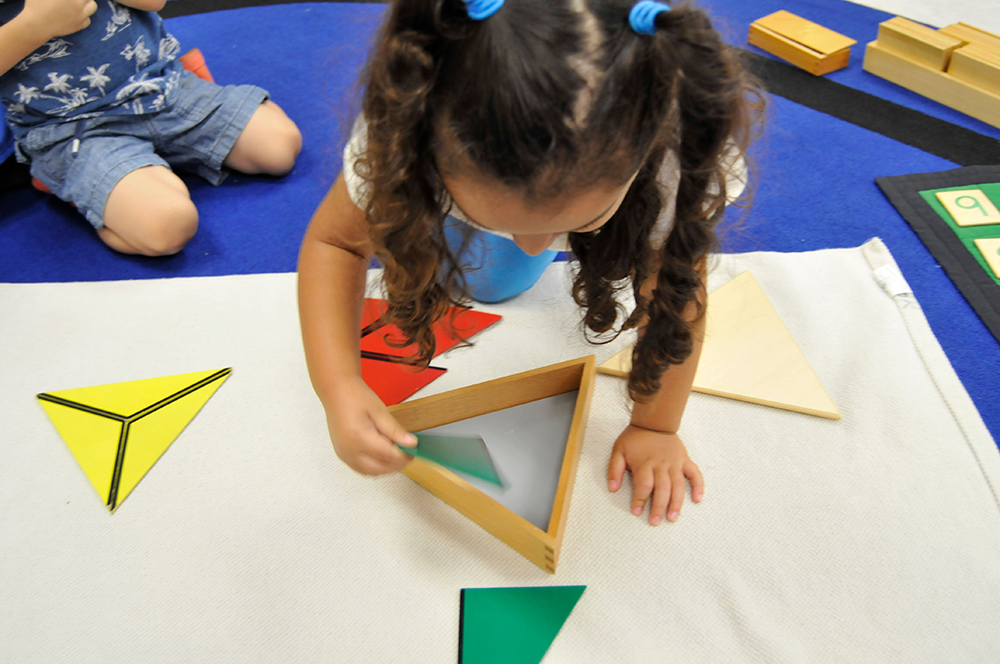“Why does Jai have a hairy armpit suddenly?”
“How come my voice has become so squeaky suddenly? I don’t have a cold”
If you have a son approaching the teen years, chances are you’ll start to hear questions like these around the house. Which is great! It means your son is ready to find out about the wonderful world of puberty.
A frequent question we have been asked about boys is how to start a conversation with them about puberty and what to teach them.
When my cuddly little 12-year-old son suddenly shot up and started growing hair in places he had never imagined, I knew it was time to have a talk with him. As a mom to a teenage girl also, the puberty talk had come quite early and I realized how important it is to explain things to them and not hope they get by on half-baked knowledge that they pick up from their friends.
Puberty can be a confusing and sometimes challenging time, and having a supportive and understanding conversation can make a significant difference.
Puberty In Boys
Unlike puberty in girls, there isn’t a defined event — like that first menstrual cycle — to mark the beginning of puberty when it comes to boys.
Puberty for boys is best described, practically, as the physiologic change and transition into adulthood, which includes deeper vocal cords, growing more hair, becoming broader at the shoulders and narrow at the hips. On average it starts between ages 9 and 14 years.
When To Have ‘The Talk’
In an ideal world, you should start talking before they start to notice any changes to their body. By changes, I mean things like the start of pubic hair, a bigger penis and testicles, growing taller and wider, body odour and sweating, sexy feelings, mood changes, and more. And these changes can start happening anywhere from the age of 9 years.
Besides your son’s age and physical development, you also want to consider his personality in deciding how and when to talk about puberty with your son. Consider your son’s maturity level. Is he ready for conversations about puberty, sex, and sexuality? His personality will determine how he receives the information.
How Does My Body Know When To Start Changing?
This was actually one of the first things my son asked me. So what I told him was that his body had special chemicals called hormones and these are what make you grow faster, and hairier & his voice would start changing too.
Explain to him that the main reason that you go through puberty is that your body starts making heaps of a hormone called testosterone, which will make you grow muscles and probably smell a bit worse.
Your child needs to know about the changes – physical, emotional and social – that will be happening to them.
So they need to know about the physical changes, like pubic hair, larger genitals, and a deeper voice & erections.
You should also explain to them that puberty hits everyone at different times and a different paces. You may become taller than your friends; they will eventually catch up!
The Changes To A Boy’s Body During Puberty
Voice Change

The voice will begin to change – it will crack and get squeaky before it starts getting deeper. You need to reassure your son that this is normal and it’s all a process. Basically what happens is that the voice box of the larynx gets larger and a lump in the throat called the ‘Adam’s Apple’ will appear. Boys can find it emotionally difficult so be sure to not make fun and to keep telling them everyone at this age is going through the same thing.
The Penis
Explain that there are two testicles inside his scrotum and his scrotum is going to grow a little in the next few years. The reason for this is that the testicles that are inside are going to start making sperm. Sperm helps make babies. Reiterate that this is all normal and it’s their body’s way of preparing for puberty and all the changes it brings with it.
They will get erections from time to time and that’s normal too. This doesn’t always have to do with sexual thoughts or dreams. It’s a normal bodily function that lasts for a few minutes mostly in boys going through puberty.
Body Odour

This was a big one for us Suddenly my son who would smell of fresh talcum powder was stinking of sweat. He wouldn’t understand why. This can be embarrassing especially since we live in hot weather most of the months. With the armpit hair and the hormonal changes, the skin becomes oilier and you need to educate them on showering and washing every day, especially after playing a sport.
Homoeopathy Practitioner Dr Manjari Rao recently talked about puberty in boys and I loved what she had to say about the emotional upheaval our little men deal with
Emotionally it is the most important time to cushion them with a lot of love and understanding. Their brain pushes them towards risky behaviour because the fear component becomes small.( limbic system changes!) So instead of “bans” come up with more exciting ways to help them channel that physical and mental energy. ( archery or shooting class, regular hiking, rock climbing, zip lining etc)
Tips To Help You Talk To Your Son About Puberty
- Parents sometimes drag their feet on having puberty-related talks simply because they can be uncomfortable. Don’t. Your child needs you.
- Use actual body part language for genitals. For girls, the genital area around the vagina is called the vulva. For boys, there’s the penis and the testicles. But don’t overload them with information.
- Use day-to-day situations to trigger conversations. Kids will ask questions.
- Don’t wait to have “the talk”. It’s never too early – kids are getting exposed to these topics in school and on TV a lot sooner than you think!
- Puberty is a normal part of growing up. Remember that, and remind your kids that there isn’t anything “wrong” with the changes that their bodies are going through.
Adolescence is a stage in life when our kids are constantly comparing themselves to their peers, and lots of young people become insecure about things they never knew mattered to them. Boys will be embarrassed if they are the first with armpit hair and embarrassed if they are the last. Throughout this time they need their parents’ reassurance that despite the pimply, hairy, smelly changes, they are loved and they are okay.
It’s common for teenagers to become less talkative and withdraw from their parents. Keep the lines of communication open and talk to your tween or teen about the changes they’re experiencing.



















